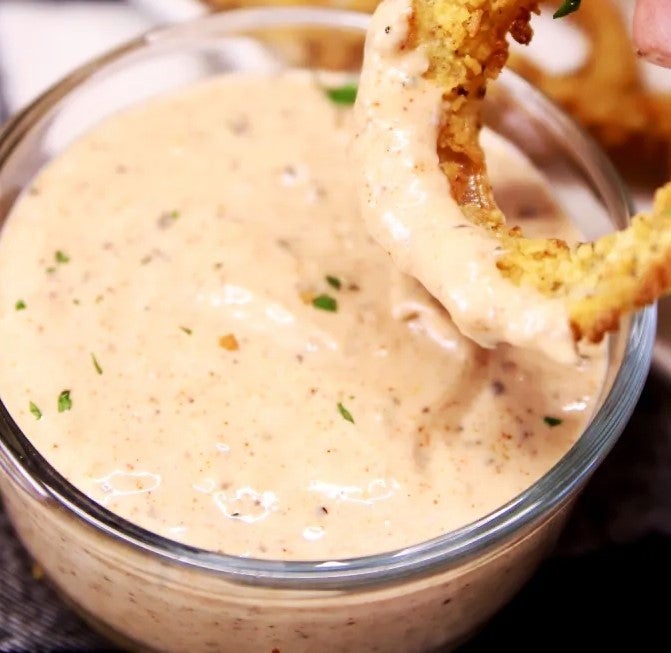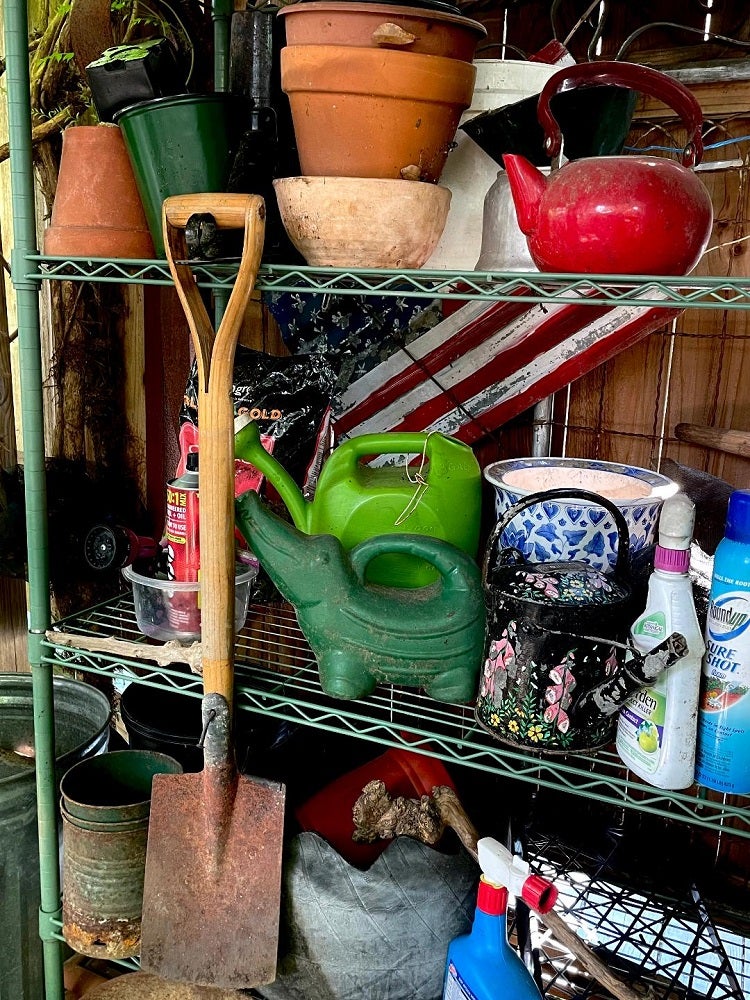Life’s highway, learning to cope with frustrations
Published 7:00 am Saturday, March 25, 2017
By Fr. Jonathan J. Filkins
The morning school bell rang raucously to announce the opening of yet another school day on a sultry, sodden Mississippi Thursday morning. It was towards the end of May; that time of year when the “itchies” begin to get under the seats of some students, as they anticipate the freedoms brought with the onset of summer vacation.
Even with the well-imparted knowledge of the requirements of their behavior, there were still some who could not resist scratching their itch. Silly pranks, truancy, rebellion and outright defiance were hallmarks of their reputations, at least for the moment.
Parents regularly fell into the trap of making regular excuses. “They are just going through a phase,” or, they will grow out of it,” they would say. There were times there were no excuses to be made, with real and direct intervention required
Such was the environment for Steve. In the tenth grade, he was neither the best student, nor the worst. Often, his parents’ proffered excuses, for all of his behaviors, allowing him to do less than his best. Occasionally inclined to do well, he prospered in subjects he liked, and had a few friends.
He was just the sort of kid who just blended into the background. He was neither recognized for being a problem, or excelling. It was a safe place for him to be, and his parents were OK with it
One day, the “itch” got to Steve. He had been struggling with his assignments in Biology. His teacher, Mr. Morris, was a strict, no-nonsense type, who kept a firm hand. When Steve’s homework was demanded, there was none to give. Frustrated, the boy exclaimed, “I can’t do this anymore, you are demanding too much!”
From there a real argument ensued, with Steve being sent to the office for not respecting his teacher.
“Who are you and what’s this?” asked the Assistant Principal, Mr. Fellows.
The question readily acknowledged the lack of Steve’s familiarity with the discipline process, but also acknowledged that there was something amiss that had to be dealt with. The boy fidgeted to find the precise words, mostly to just get off the hook. Finally, he replied, “I just don’t like Biology, or Mr. Morris.”
Patiently, and with the sage wisdom of many years, Mr. Fellows dug a bit deeper. “You say you don’t like these things. What is it that you don’t like about them?”
Steve went on to say that the work was too hard and that the demands were too great. Besides, it interfered with his personal time.
After listening to the excuses, Mr. Morris let a lengthy silent pause begin, to the point where Steve began to feel a bit uncomfortable.
Slowly, with practiced dialog, the response began: “I get it; we should just let you drop this class and forget all about it…hmmm?” It was a rhetorical question.
Without skipping a beat, he continued, “Well, that’s not going to happen!” Today’s outburst is only a milepost on this road called life, you have a choice: Will it be the right direction, or the wrong one; for better, or for worse? It’s up to you.”
During the next few minutes, a newly formed relationship took form. Each began to better understand the other, and a mutual plan was generated to get the adolescent through the rest of the school year, without another incident. Part of the deal was to apologize and to serve a detention. It was the first, and only, formal discipline Steve ever had in high school.
The encounter was just the medicine Steve, and his parents, needed. His parents became acutely aware of the necessity of their being more involved in their son’s life, and Steve was not only more aware of his actions and the consequences, but also the real love of those who surrounded him.
No, he was not perfect, as he still had his frustrations and dilemmas, but they were fewer and fewer, as he journeyed on, along this road called life.




